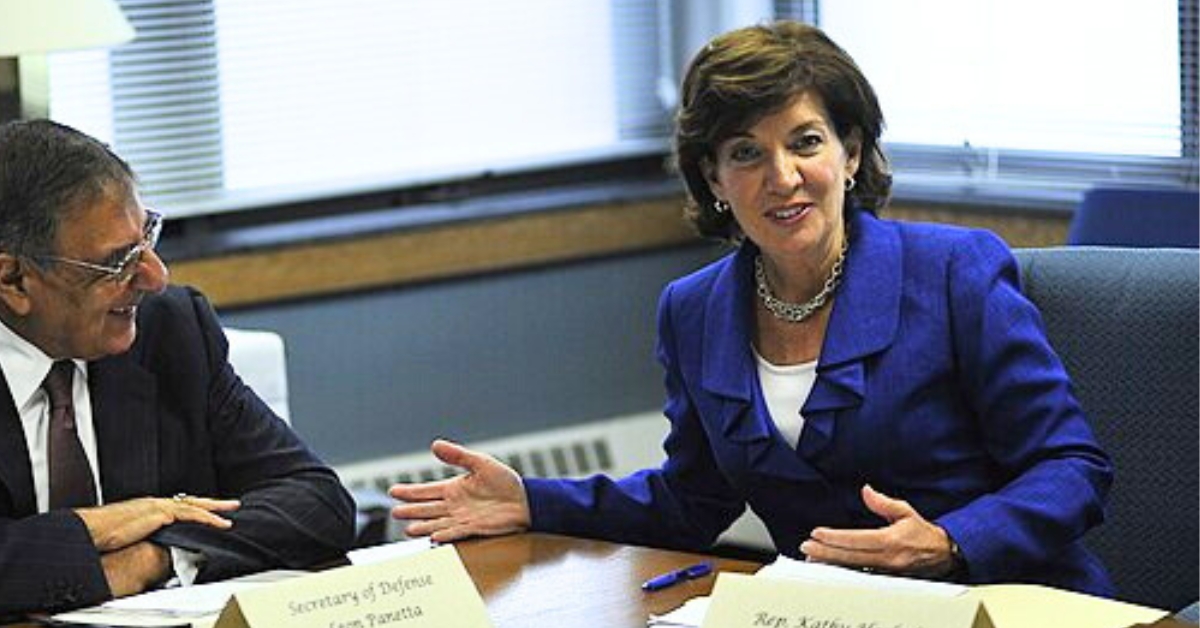
Detransitioners Suffer Due to Gender Ideology’s Lies
In recent years, a troubling trend has emerged, fueled by radical gender ideology and the relentless push for transgender affirmation without proper scrutiny. As critics have long warned, the rush to embrace and promote gender transition as the panacea for all forms of discomfort with one’s body has led to irreversible harm, particularly among the youth. The stories of detransitioners, individuals who have undergone gender transition only to regret their decision and attempt to revert to their biological sex, are heartbreaking and are becoming increasingly common.
The New York Times, not typically a bastion of conservative thought, recently published an eye-opening piece that sheds light on the dark side of the transgender movement. It tells the stories of young adults like Grace Powell and Kasey Emerick, who were led to believe that their mental and emotional struggles could be resolved through physical transition. These young women were promised liberation and happiness but were instead left with irreversible physical alterations and regret.
Powell’s and Emerick’s experiences highlight a disturbing pattern: a lack of thorough psychological evaluation and exploration of underlying issues such as trauma, sexual orientation discomfort, or mental health disorders before rushing into medical transition. It’s a narrative that runs counter to the claims of gender ideology activists, who often tout transition as a one-size-fits-all solution to gender dysphoria. The real-world outcomes, as these detransitioners’ stories show, are far from the promised utopia.
Furthermore, the case of Paul Garcia-Ryan, who underwent genital surgery with severe complications, underscores the irreversible and life-altering consequences of such medical interventions. His regret and the slogans he was made to believe – “Evidence-based, lifesaving care, safe and effective, medically necessary, the science is settled” – serve as a cautionary tale about the dangers of accepting activist-driven narratives without critical examination.
These stories are not isolated incidents but indicative of a broader issue within our society’s handling of gender dysphoria. They call into question the ethics and long-term implications of the current approach to transgender care, particularly for minors. The push for affirmation without reservation, the dismissal of alternative treatments, and the silencing of dissenting voices in the medical community have created an environment where young people are being harmed in the name of progressivism.
The detransitioners’ plight should serve as a wake-up call to parents, policymakers, medical professionals, and society at large. It’s time to prioritize rigorous scientific inquiry, ethical standards in medical care, and, most importantly, the well-being of individuals over ideological conformity. Only by acknowledging the complexities of gender dysphoria and the potential for regret can we begin to offer truly compassionate and effective support for those struggling with their identity.











